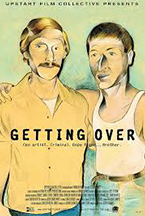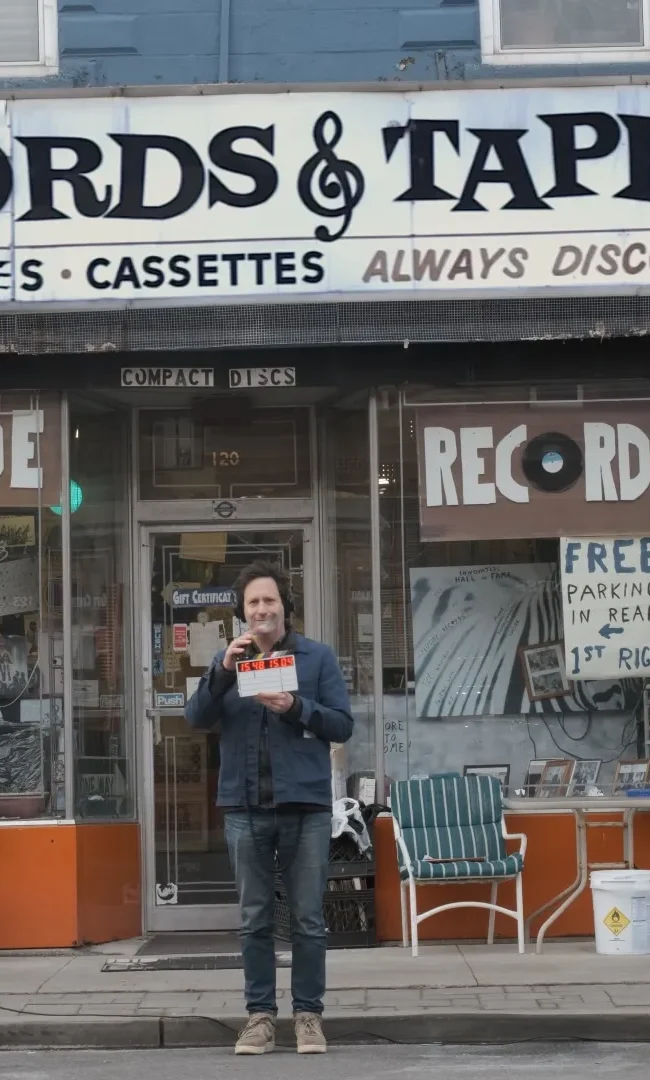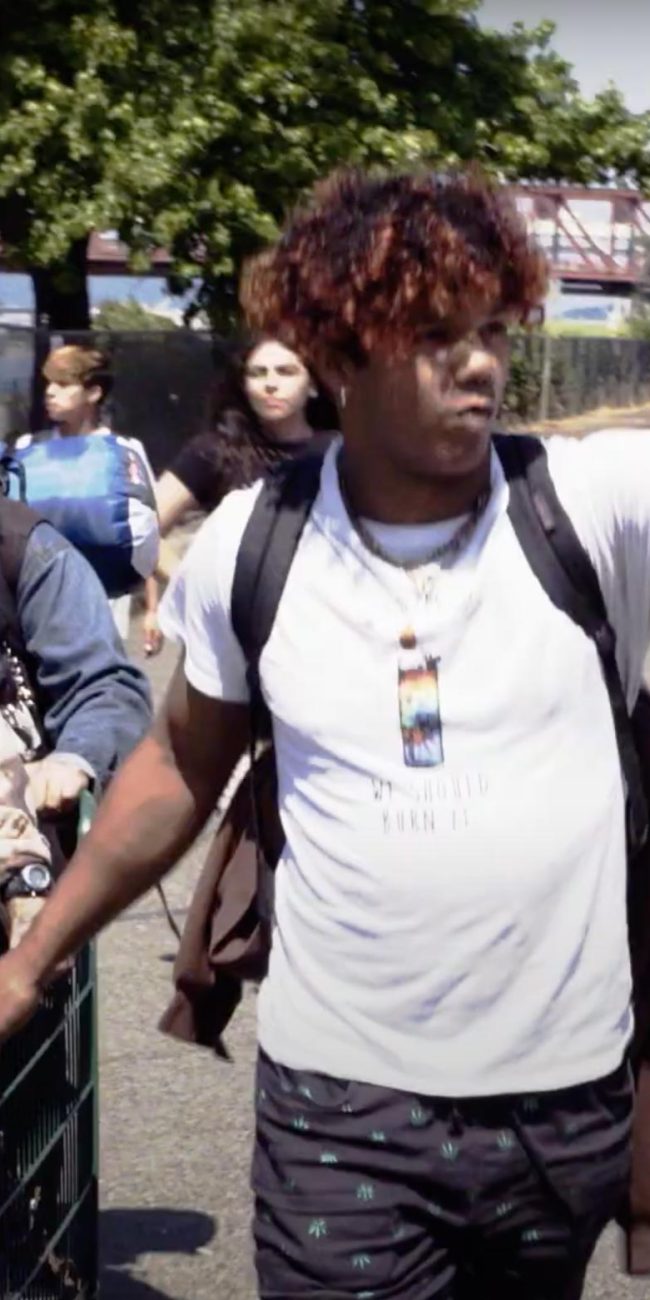GETTING OVER

(The 2018 SXSW Film Festival kicked off March 9 and runs all the way through to March 17. Hammer to Nail has a slew of reviews and interviews coming in hot and heavy so keep your dial tuned to HtN!)
If one has an aversion to deeply personal documentaries, with the filmmaker an integral part of the narrative, then Getting Over is not for you. An often raw, plaintive filial cry of pain over wasted chances and lost parents, the film chronicles director Jason Charnick’s investigation into his drug-addict father’s past and the lingering effects of the man’s truncated, misspent life on his son to this day. For those who appreciate intimate stories in which the specificity of detail leads to a moving, poignant payoff, with the protagonist’s journey providing a genuine catharsis for the viewer, however, then Getting Over more than delivers. Occasionally unpolished as it may be (also part of its appeal), it tells a powerful tale of sin and forgiveness that is both unique and universal, and thoroughly cinematic.
The odyssey of the latter-day Charnicks begins with Grampa Joe, a World War II veteran with a secret past that overshadows the childhoods of his two sons, Arnie and Ray (Jason’s father). Joe has a gambling problem, among other issues, and he passes his addiction-prone genes on to the next two generations: Ray eventually takes to just about every drug there is, while his own son still struggles with over-eating; Arnie mentions some past addictions of his own, but is the fittest of the bunch (in fact, he’s also a well-regarded muralist). It’s Arnie, now that Ray is long gone (he died of AIDS, in 1997), who is Jason’s primary older relative, and main connection to the past. Much of the film is spent in the company of Arnie today – with Jason, visiting locations haunted by Ray – and 20 years ago, when he recorded a series of videotaped interviews with his brother in his final days. Through these conversations, we learn much about the nature of dependency, family relations, and more. It’s life like every other, and like no other.
Charnick, who moved to Los Angeles shortly after Ray died and now works in the film industry, is our surrogate here, searching for answers and finding nothing but frustration, at first. How could his parents – mom was also an addict, though more present in his life than dad – neglect him in favor of the next fix? Is he condemned to relive their own issues, passing them on to his own children, if he ever has any? Will he, in a very real sense, ever “get over” the past? These are important questions, and I am happy to report that Charnick makes good on our investment in his family history, for we are rewarded with a satisfying conclusion, perhaps not to the mysteries of how and why people behave the way they do, but to the conundrum of Jason, himself. Life, indeed, does go on.
– Christopher Llewellyn Reed (@ChrisReedFilm)











